This work outlines Augustine's sinful youth and his conversion to Christianity. It is widely seen as the first Western autobiography ever written, and was an influential model for Christian writers throughout the following 1000 years of the Middle Ages. It is not a complete autobiography, as it was written in his early 40s, and he lived long afterwards, producing another important work (City of God); it does, nonetheless, provide an unbroken record of his development of thought and is the most complete record of any single individual from the 4th and 5th centuries. It is a significant theological work. In the work, St. Augustine writes about how much he regrets having led a sinful and immoral life. He shows intense sorrow for his sexual sins, and writes on the importance of sexual morality. He also mentions that his favorite subject in school was mathematics because it was concrete and more rigorously defined than other subjects. The book is thought to be divisible into chapters which symbolize various aspects of the Trinity and trinitarian belief.
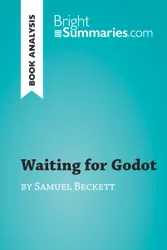
Waiting for Godot by Samuel Beckett (Book Analysis) : Detailed Summary, Analysis and Reading Guide
Bright Summaries
book
Jacques the Fatalist by Denis Diderot (Book Analysis) : Detailed Summary, Analysis and Reading Guide
Bright Summaries
book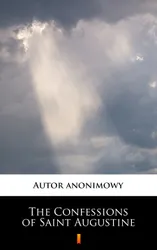
The Confessions of Saint Augustine
Anonymous
book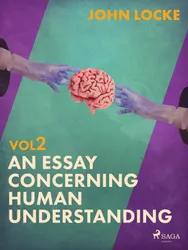
An Essay Concerning Human Understanding. Volume Two
John Locke
book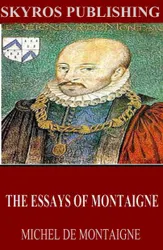
The Essays of Montaigne
Michel de Montaigne
book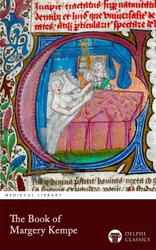
The Book of Margery Kempe Illustrated
Margery Kempe
book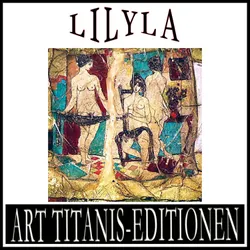
Poetik
Aristoteles
audiobook
Something Wicked This Way Comes : An Essay from Chuck Klosterman IV
Chuck Klosterman
book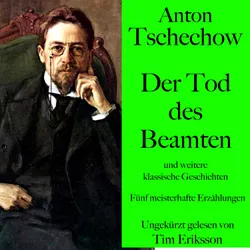
Anton Tschechow: Der Tod des Beamten – und weitere klassische Geschichten : Fünf meisterhafte Erzählungen
Anton Tschechow
audiobook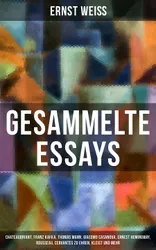
Gesammelte Essays : Chateaubriant, Franz Kafka, Thomas Mann, Giacomo Casanova, Ernest Hemingway, Rousseau, Cervantes zu Ehren, Kleist und mehr
Ernst Weiß
book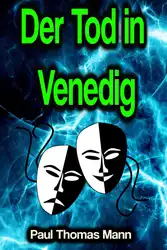
Der Tod in Venedig
Paul Thomas Mann
book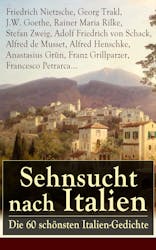
Sehnsucht nach Italien: Die 60 schönsten Italien-Gedichte : Eine lyrische Ode an Italien von Goethe, Nietzsche, Stefan Zweig, Rilke, Paul Heyse, Platen, Klabund, Kinkel, Conrad Ferdinand Meyer, Friedrich Hebbel, Heinrich Lersch, Werner, Emil Peschkau...
Friedrich Nietzsche, Georg Trakl, J.W. Goethe, Rainer Maria Rilke, Stefan Zweig, Adolf Friedrich von Schack, Alfred de Musset, Alfred Henschke, Anastasius Grün, Franz Grillparzer, Francesco Petrarca
book

